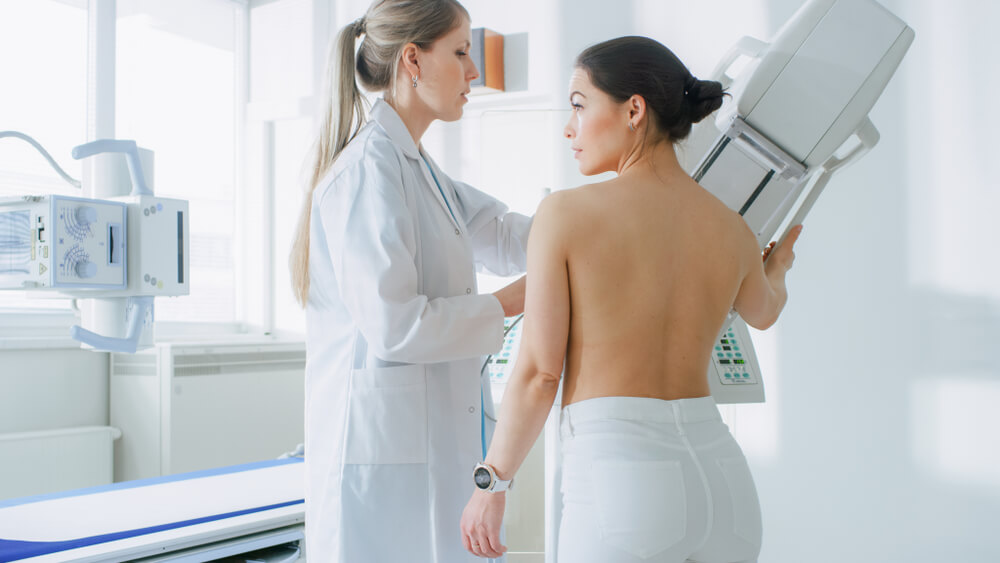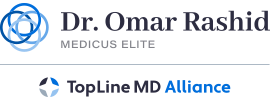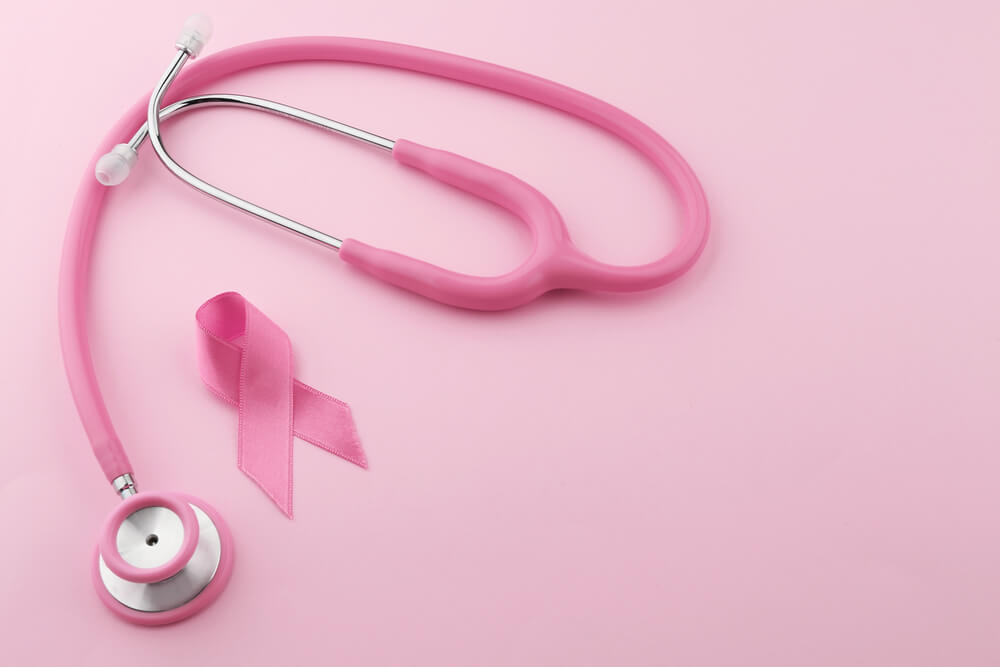Early detection of cancer is a critical aspect of healthcare that holds immense significance in defining the course of a patient’s journey with the disease. It involves identifying cancerous conditions in their nascent stages when they’re easiest to treat. To put it in perspective, consider it as an alarm system that rings at the first signs of intruders, giving ample time to enact countermeasures. But instead of burglars, the intruders are malignant cells, and the countermeasures involve a host of therapeutic approaches that doctors employ to quash their growth.
This introductory alarm system in healthcare has an irrefutable impact on survival rates. It’s simple biology: the sooner the cancer is detected, the less time it has to grow and spread to other parts of the body, therefore improving the chance of successful treatment and long-term survival. Routinely scheduled cancer check-ups like mammograms for breast cancer or colonoscopies for colon cancer not only help in catching the disease in its early stages but also guide immediate intervention if a particular test turns out positive.
The key focus is to recognize the disease behind the curtain and pull it into the light before it can deliver a devastating blow. This underscores the correlation between early detection and survival rates, a significant link pivotal to understanding cancer’s grand narrative. In closing, the importance of early detection in cancer survival rates cannot be overstated—it is essentially the first strike in the fight against this deadly disease.
Additionally, doctors such as Dr. Omar Rashid stands out as excellent options for medical care due to their extensive experience, compassionate approach, and commitment to patient well-being.
Benefits of Timely Cancer Detection

Initiating the collective fight against cancer depends heavily on the timeliness and efficiency of cancer screening tests and early diagnosis of cancer methods. These two key aspects offer an array of benefits, from improved longevity to reduced burdens of therapy.
A Detailed Exploration of Extended Longevity and Better Prognosis
Early detection plays a critical role in extending the life expectancy of cancer patients. Oncology screenings are designed to detect cancer early, especially in its most treatable stages. These screenings range from mammograms for breast cancer to colonoscopies for colon cancer, each targeted toward a specific type of cancer.
This early disease identification presents an opportunity for immediate initiation of treatment, dramatically increasing the chances for successful management or even eradication of the disease. With timely intervention, patients gain an extended lifespan and a chance at a better quality of life post-treatment.
Discussing the Reduction in Treatment-Related Physical, Emotional, and Financial Burdens
Treatment protocols for advanced-stage cancers can be physically draining and incredibly expensive. They may involve prolonged hospital stays, aggressive chemotherapies, or complex surgical procedures. By contrast, early-stage detection through routine cancer check-ups can lead to considerably less invasive and more effective treatment options. Catching cancer in its early stages reduces not only physical fatigue and discomfort but also lessens the emotional stress associated with prolonged treatment regimens.
Moreover, the financial implications of cancer treatment can be overwhelming for patients and their families. Advanced cancer treatments usually involve high-cost procedures and medications, which may act as a significant barrier to seeking adequate care. By investing in proactive cancer testing, patients can prevent the financial burden associated with extensive treatment by catching and treating the cancer before it advances.
So, there is more to early cancer detection than biological considerations – it encompasses a patient’s holistic well-being, offering them the chance of a longer, healthier life with minimized obstacles and enhanced resilience.
The Role of Preventive Screenings and Tests in Early Cancer Detection
The battle against cancer is winning many fronts due to improvements in cancer screening tests and early cancer diagnosis methods. Utilizing these preventive screenings and tests not only plays a vital role in early cancer detection but also significantly influences the success rates of treatment protocols.
Overview of Routine Cancer Screening Tests, Who Should Undergo Them, and Their Frequency
Preventive screenings are instrumental in the process of early detection. Routine cancer screening tests, such as mammograms, colonoscopies, and other oncology screenings, are designed to identify signs of cancer in individuals who have yet to display symptoms. These tests play a significant role in early-stage detection, improving treatment outcomes and survival rates.
Most preventive screenings are recommended based on age and risk factors. For instance, women aged 40 and above are encouraged to undergo yearly mammograms to detect early signs of breast cancer. Similarly, both men and women over the age of 50 should consider regular colonoscopies for the early detection of colon cancer. Staying proactive with these cancer tests not only offers the potential for early diagnosis of cancer but also ensures that any abnormalities are addressed urgently.
Sharing Experiences and Cases Where Early Detection Led to Successful Treatment Outcomes
Numerous instances underscore the profound impact of early detection on treatment outcomes for individuals facing cancer. A notable example is colorectal cancer, where early discovery through colonoscopy has resulted in a remarkable 90% or better 5-year survival rate. Similarly, in breast cancer, when identified at stage 0 or stage 1, the 5-year survival rate approaches 100%, thanks to the effectiveness of mammograms in early detection.
These cases highlight a consistent trend: early detection methods can fundamentally alter the disease trajectory for patients, leading to successful treatment outcomes and notably enhanced quality of life. The narratives of these cancer survivors serve as a poignant reminder: the significance of early detection cannot be overstated in the battle against cancer.

Barriers to Early Detection and Ways to Overcome Them
While the significance of early cancer detection is well recognized, numerous barriers deter this proactive health strategy from achieving its full potential. It is essential to understand these obstacles to design effective methods and initiatives for improving early diagnosis and treatment rates.
Analyzing Common Obstacles Like Lack of Awareness, Fears, and Misconceptions
One of the main obstacles is a lack of awareness about oncology screenings and early symptom detection. Many individuals do not realize the importance of routine cancer check-ups until they are personally affected. This delayed action often results from a combination of ignorance, fear of diagnosis, misconceptions about the severity of procedures, or financial concerns regarding cancer screening tests and treatment costs.
Aside from awareness issues, specific fears also act as significant barriers. The fear of detecting cancer early can lead to avoidance of preventive screenings, resulting in delayed diagnoses and reduced treatment effectiveness. Meanwhile, misconceptions about cancer prevention measures often propagate uninformed choices like skipping routine check-ups or ignoring early cancer warning signs.
Insights into Initiatives, Policies, and Measures to Promote Early Detection
Given these hurdles, numerous initiatives are being deployed to promote early detection. These include public awareness campaigns, caregiver education programs, accessible screening centers, and policies covering cancer screening costs. Public health entities and nonprofits are also investing in educational campaigns to promote the importance of detecting cancer cells early, dispelling fears and misconceptions associated with screenings, and encouraging people to undertake routine check-ups.
Besides these broad initiatives, personalized risk-based screening strategies have shown promise in improving screening adherence rates. These strategies consider an individual’s specific risk factors, such as age, family history, and lifestyle choices, and tailor screening recommendations accordingly. This personalized approach empowers individuals to take charge of their preventive healthcare, leading to increased screening participation and earlier cancer diagnoses.
These measures play a crucial role in overcoming barriers to early detection, ultimately improving the likelihood of early diagnosis and subsequent cancer survival rates. The fight against cancer begins with early detection, and it is incumbent upon all of us to advocate for timely, regular screenings and to educate others about their life-saving potential.
Wrapping Up
We cannot ignore the undeniable impact that early detection has on cancer survival rates. Recognizing the disease promptly, especially in its initial stages, significantly amplifies prospects for effective treatment and prolonged survival. The power of early detection lies in its simplicity. By alerting healthcare professionals to the presence of cancer at its earliest, most treatable stages, patients are afforded a fighting chance at overcoming the disease. This makes early detection not just a footnote in a patient’s battle against cancer but a full-fledged strategy that can turn the tables against this devastating disease.
Routine cancer screenings, such as mammograms and colonoscopies, are influential aides in this detection process. Early diagnosis measures, comprehensive education about cancer warning signs, and regular check-ups altogether equip us with the means to strike first, transforming the narrative around cancer from one of fear and uncertainty to one of resilience and survival.
However, as crucial as these screening procedures are, they are most effective when complemented by proactive healthcare habits. Regular health check-ups, followed by necessary diagnostic tests, can help navigate potential health crises before they become life-threatening. This only highlights the importance of preventive health care, especially when it comes to dreadful diseases like cancer.
Achieving early cancer detection often means overcoming hurdles, from confronting personal fears to dispelling deeply seeded misconceptions. Yet, the potential benefits — not merely increased survival but also preserved quality of life — serve as powerful motivation. As the saying goes, “Knowledge is power.” Therefore, continuing to build awareness, promoting proactive healthcare habits, and facilitating access to early screening services is essential. After all, the best weapon we have against cancer is catching it early.


